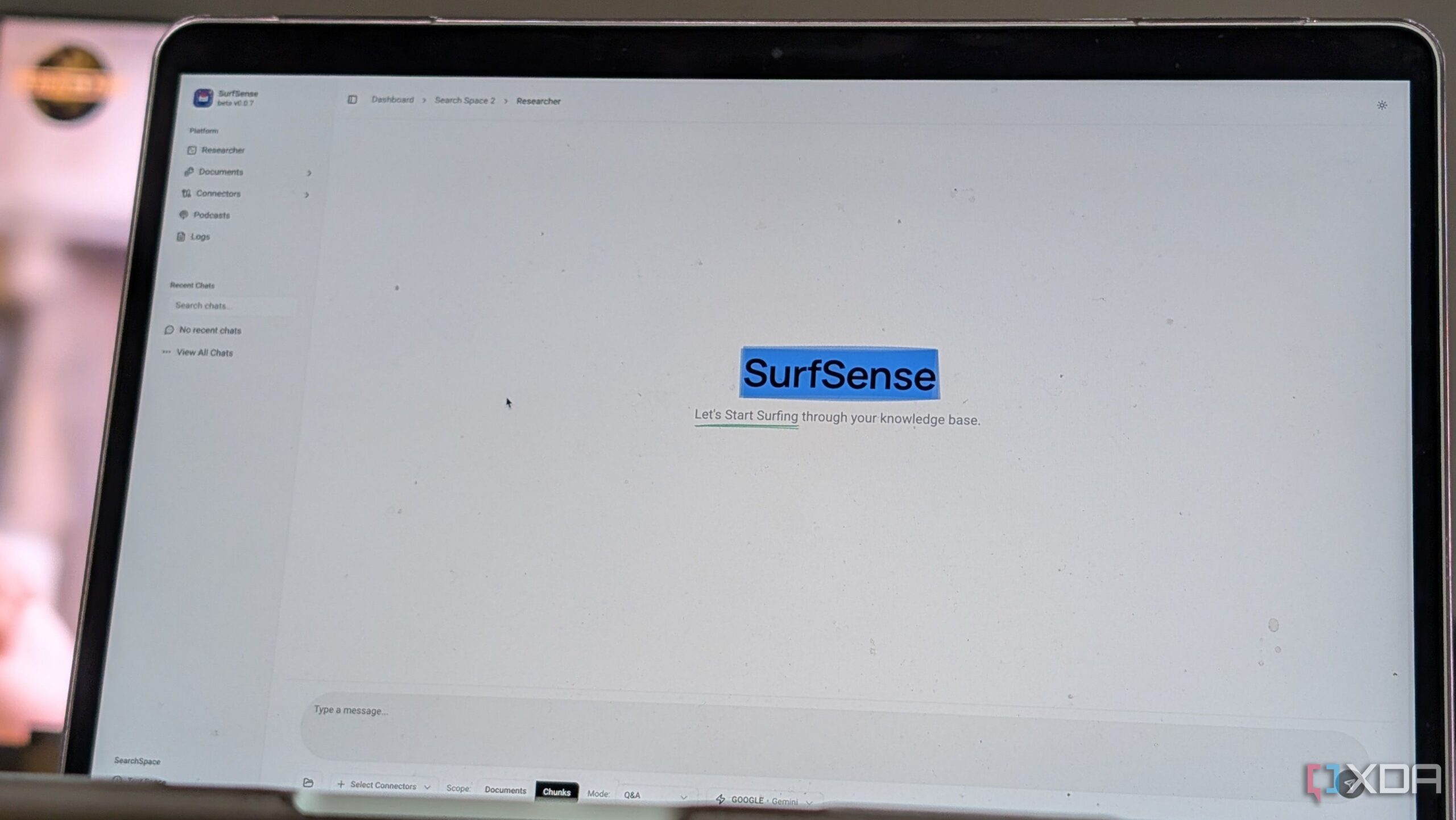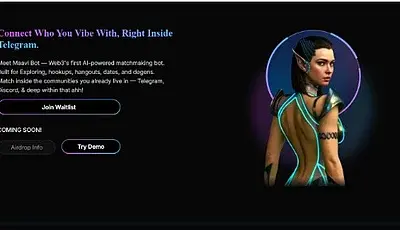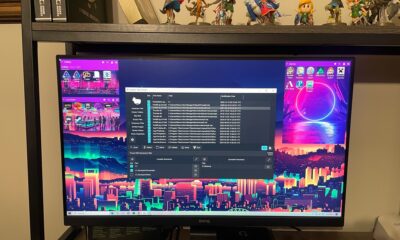Technology
SurfSense Offers Flexible Alternative to NotebookLM for Researchers

A new tool, SurfSense, has emerged as a compelling alternative to the popular research platform, NotebookLM. Unlike its predecessor, SurfSense is free and open-source, giving users enhanced control over their data and workflow. It offers capabilities that may appeal to researchers and developers looking for flexibility in managing their information.
Enhanced Flexibility and Connectivity
SurfSense positions itself as an AI research agent, providing a self-hosted alternative to NotebookLM. One of its standout features is its ability to connect seamlessly with a variety of platforms, including Slack, Notion, Jira, GitHub, Discord, and YouTube. This integration allows users to consolidate multiple sources of information into a single, searchable knowledge base, eliminating the need to toggle between various applications.
Furthermore, SurfSense utilizes a technique known as Retrieval-Augmented Generation (RAG), which enhances its search capabilities. Instead of relying solely on keyword matches, SurfSense aims to understand context and relevance in user queries. This sophisticated approach leads to more accurate and meaningful search results, making it a valuable tool for those conducting extensive research.
Customization and User Control
Another significant advantage of SurfSense is its customization options. Supporting over 150 large language models (LLMs), users can assign different models for specific tasks, allowing for a tailored experience based on individual research needs. For instance, one might choose to use Gemini for creative tasks while opting for Claude for coding-related inquiries. This level of flexibility is not available with NotebookLM, which restricts users to a single, fixed AI model.
While SurfSense offers numerous benefits, it requires a more involved setup process. Users must manage dependencies, generate API keys, and configure several environment files. Although this might be daunting for some, the trade-off is ownership and control over one’s data, as well as the ability to scale performance based on personal hardware.
The tool is designed to run smoothly, and users have access to comprehensive documentation and an active Discord community for support. Nevertheless, there are limitations; for instance, handling large datasets may result in slower performance, particularly during searches. However, for everyday research tasks, the app generally performs adequately.
In summary, SurfSense stands out by offering researchers and developers greater control and flexibility compared to NotebookLM. Its ability to integrate multiple sources into a single platform, combined with customizable AI options, makes it an attractive solution for those seeking a more versatile research assistant. For users who prioritize data ownership and the capability to adapt their tools to their unique workflows, SurfSense presents a significant advantage.
-

 Science2 weeks ago
Science2 weeks agoNostradamus’ 2026 Predictions: Star Death and Dark Events Loom
-

 Technology1 month ago
Technology1 month agoOpenAI to Implement Age Verification for ChatGPT by December 2025
-

 Technology6 months ago
Technology6 months agoDiscover the Top 10 Calorie Counting Apps of 2025
-

 Health4 months ago
Health4 months agoBella Hadid Shares Health Update After Treatment for Lyme Disease
-

 Health4 months ago
Health4 months agoAnalysts Project Stronger Growth for Apple’s iPhone 17 Lineup
-

 Health4 months ago
Health4 months agoErin Bates Shares Recovery Update Following Sepsis Complications
-

 Technology4 months ago
Technology4 months agoElectric Moto Influencer Surronster Arrested in Tijuana
-

 Technology5 months ago
Technology5 months agoDiscover How to Reverse Image Search Using ChatGPT Effortlessly
-

 Technology6 months ago
Technology6 months agoMeta Initiates $60B AI Data Center Expansion, Starting in Ohio
-

 Technology6 months ago
Technology6 months agoRecovering a Suspended TikTok Account: A Step-by-Step Guide
-

 Technology2 months ago
Technology2 months agoDiscover 2025’s Top GPUs for Exceptional 4K Gaming Performance
-

 Health6 months ago
Health6 months agoTested: Rab Firewall Mountain Jacket Survives Harsh Conditions





















